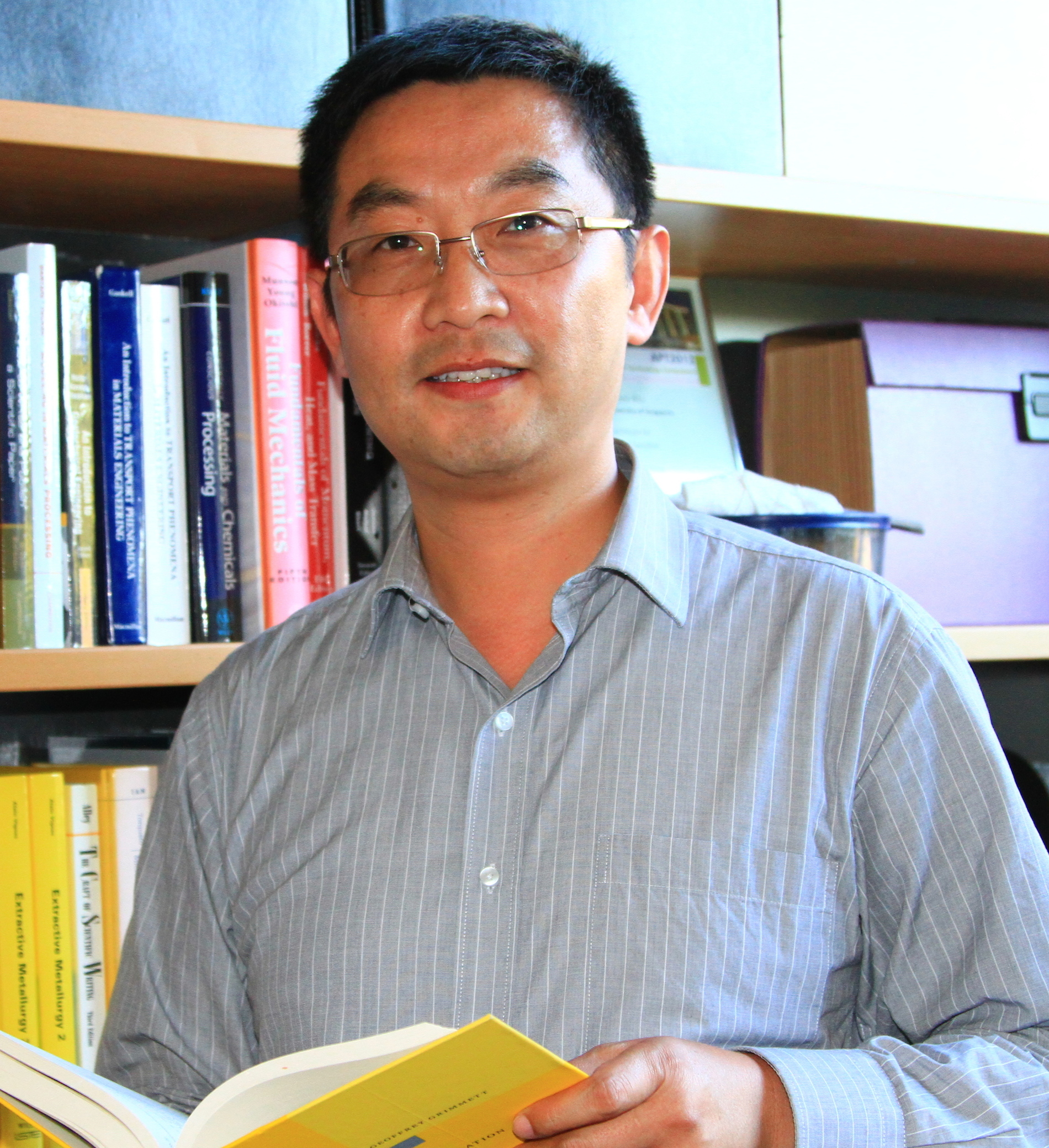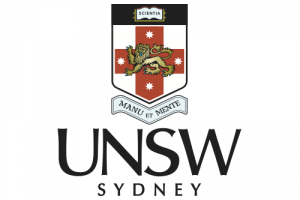
My Expertise
Numerical modelling of particulate systems, particle/powder science and technology.
Fields of Research (FoR)
Chemical Engineering, Powder and Particle Technology, Mineral Processing/Beneficiation, Numerical Modelling and Mechanical CharacterisationBiography
ABOUT ME
Professional Experience
- Associate Professor, School of Materials Science & Engineering, UNSW, 2012 -
- Senior Lecturer, School of Materials Science & Engineering, UNSW, 2008 – 2011
- Lecturer, School of Materials Science & Engineering, UNSW, 2006 – 2008
- ARC-CSIRO Postdoctoral Fellow, School of Materials Science & Engineering, UNSW, 2003-2006
RESEARCH
Research Contribution
Dr. Yang has been working in the area of particle/powder...view more
ABOUT ME
Professional Experience
- Associate Professor, School of Materials Science & Engineering, UNSW, 2012 -
- Senior Lecturer, School of Materials Science & Engineering, UNSW, 2008 – 2011
- Lecturer, School of Materials Science & Engineering, UNSW, 2006 – 2008
- ARC-CSIRO Postdoctoral Fellow, School of Materials Science & Engineering, UNSW, 2003-2006
RESEARCH
Research Contribution
Dr. Yang has been working in the area of particle/powder science and technology in the past 12 years. He has developed an extensive expertise in the numerical modelling of particulate systems, and has made a number of significant contributions to this area. He developed an improved DEM model by including rolling friction and the van der Waals force into the model. For the first time in literatures, he reproduced the three-dimensional open-tree structures. He also proposed a quantitative index to link the interparticle cohesion with structure. He and his co-workers demonstrated that, contrary to what many researchers believe, the loosest state of mechanically stable random packings does not exist. The work was published in the prestigious journals Physical Review Letters. He was also a co-author of two other papers published in the same journal.
He has also been heavily involved in developing numerical models to simulate granular flow. He developed DEM models to simulate particles in a rotating drum, and applied the micromechanical analysis to flow structure at different flow regimes. His work highlighted the importance of interparticle collision in the breakage and granulation of particles. He later extended his work into the study of multi-phase flow using the combined DEM-CFD approach. His work on dry powder inhalers has also significantly improved our understanding of powder dispersion mechanisms.
Dr. Yang has published over 60 high quality, peer-reviewed journal and conference papers, many of which were published in the internationally leading journals with high impact factors, including Physical Review Letters/E, J. Applied Physics, J. Colloid and Interface Science, AIChE J. etc. His work has been cited over 460 times with h-index of 12. He has attracted > $1m research funding from ARC, CSIRO and industries. He is currently supervising 1 postdoctoral fellow and 6 postgraduate students.
TEACHING
Teaching Contributions
Courses taught including Material Balance and Heat Transfer, Heat, Fluid and Mass Flow, Modelling in Material Engineering, Pollution Control in Materials Processing and Physical Experiments in Materials Engineering.
AWARDS & ACHIEVEMENTS
Honours, Awards and Memberships
Member of The American Chemical Society
Contact
Publications
ORCID as entered in ROS
Research Activities
The Australian mining and minerals processing industries generated exports of around $56 billion in 2004/5, representing approximately 44 per cent of Australia?s total exports. Grinding is one of basic operations in minerals processing, liberating valuables from the host rock. However, the conventional grinding technologies are very low efficient. The newly developed IsaMill technique greatly improves the power efficiency. This project aims to understand the flow within IsaMill through combined experimental and numerical studies, leading to improved grinding performance and less energy…
